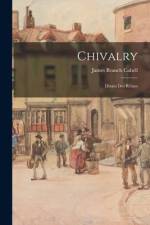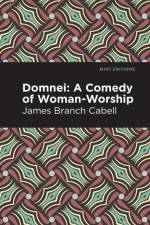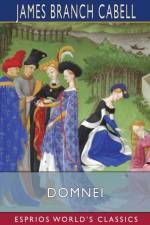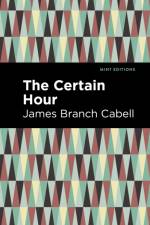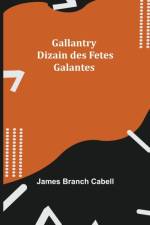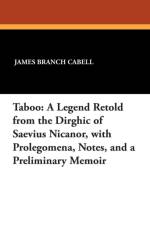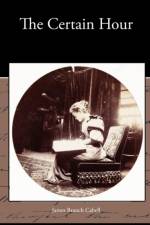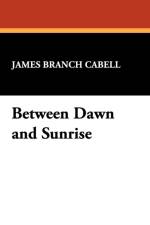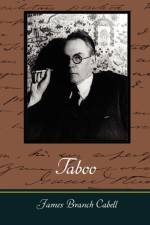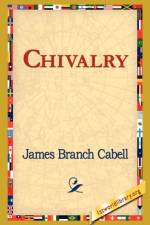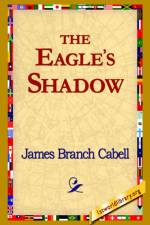av James Branch Cabell
149,-
Jurgen, A Comedy of Justice (1919) is a comic fantasy novel by James Branch Cabell. Set in a world where history and fantasy collide, where a lowly pawnbroker can encounter monsters, gods, and devils, Jurgen, A Comedy of Justice is one of Cabell's best-known works of fiction. For several years after its initial publication, the novel was the subject of an obscenity trial pursued by the New York Society for the Suppression of Vice. In 1923, after winning his case, Cabell made sure to immortalize the event with a revised edition featuring a "lost" chapter where Jurgen is persecuted for his writing by grotesque Philistines. Jurgen, A Comedy of Justice is one work in a series of novels, essays, and poems known as the Biography of the Life of Manuel. "For now had come to Jurgen and the Centaur a gold-haired woman, clothed all in white, and walking alone. She was tall, and lovely and tender to regard: and hers was not the red and white comeliness of many ladies that were famed for beauty, but rather it had the even glow of ivory [...] to Jurgen this woman's countenance was in all things perfect. Perhaps this was because he never saw her as she was." Unsatisfied with life as a lowly pawnbroker, Jurgen follows his heart in pursuit of ideal love. A proponent of medieval chivalry, he encounters gods, goddesses, kings, and queens as he passes from one otherworldly realm to the next. On his wondrous journey, he meets some of the most celebrated women in history and literature, including Guinevere, Anaitis, and Helen of Troy. Jurgen, a wily poet and legendary lover with a head full of dreams and desires, is an allegorical figure for modern humanity, a flawed hero whose kaleidoscopic world is not entirely different from our own. Cabell's work has long been described as escapist, his novels and stories derided as fantastic and obsessive recreations of a world lost long ago. To read Jurgen, A Comedy of Justice, however, is to understand that the issues therein-the struggle for power, the unspoken distance between men and women-were vastly important not only at the time of its publication, but in our own, divisive world. With a beautifully designed cover and professionally typeset manuscript, this edition of James Branch Cabell's Jurgen, A Comedy of Justice is a classic of fantasy and romance reimagined for modern readers.



